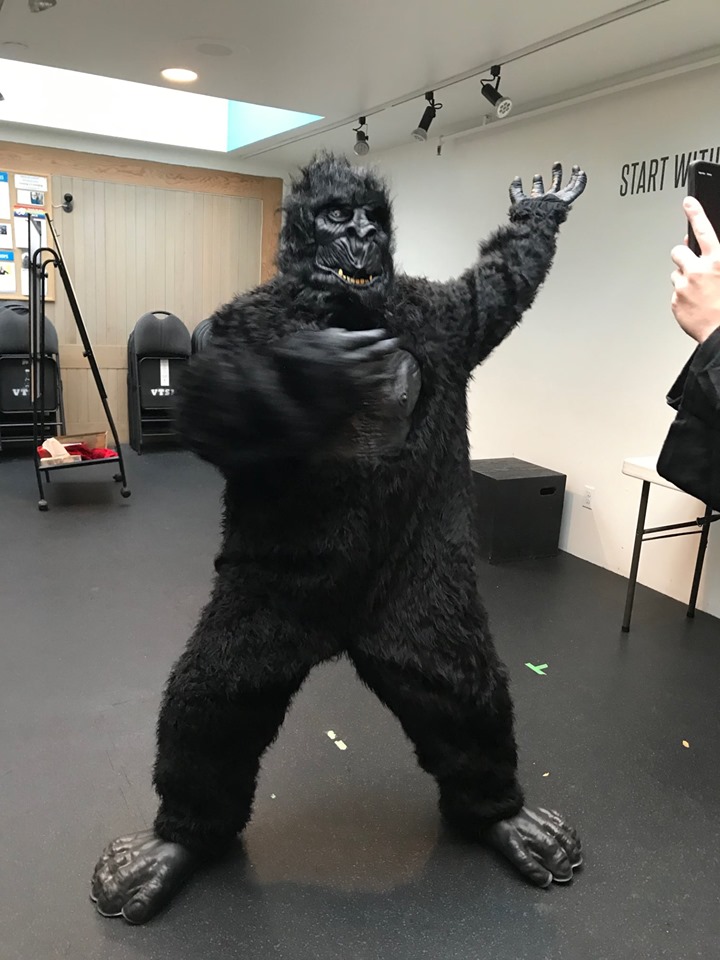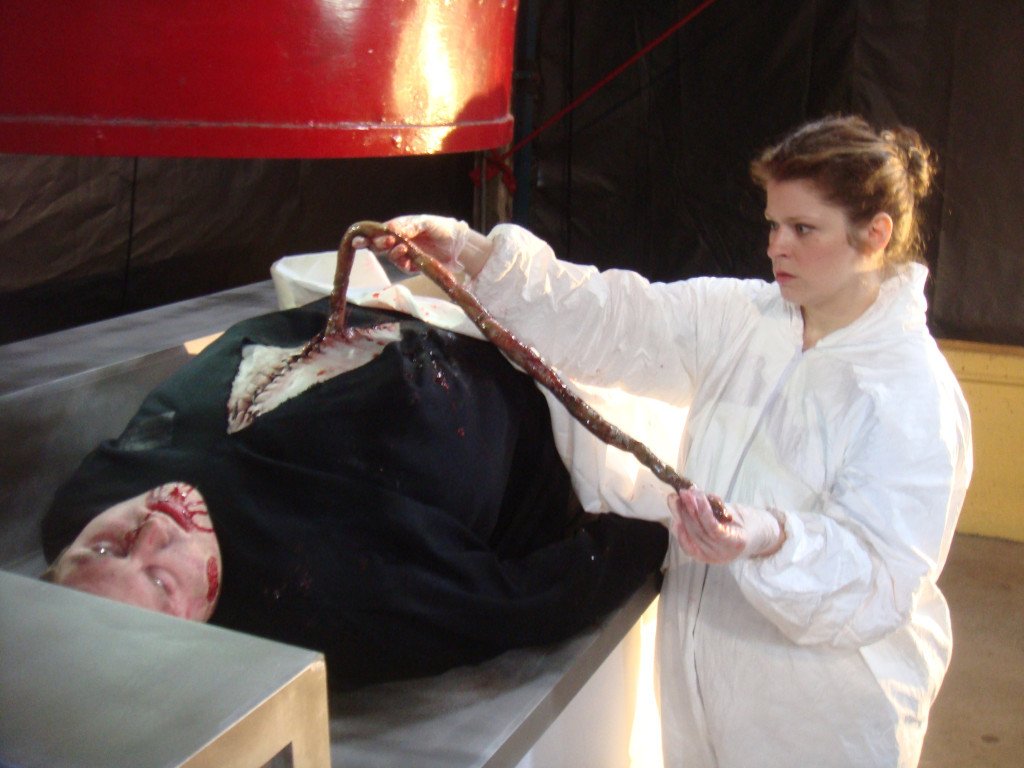Getting pumped up for the 2012 Powell Street Festival
By Natalie Serafini, Staff Writer
On August 4 and 5, the powerhouse that is the Powell Street Festival makes a return in its 36th annual celebration of Japanese-Canadian culture.
As programming director Julia Aoki so eloquently relates, the Powell Street Festival has had a significant impact on Japanese-Canadians in its more than three decade run. The festival has a cultural, historical, social, and artistic pertinence matched by few others.
“I think what has always resonated with me most strongly about the festival is that it’s an opportunity to reaffirm my cultural identity as a Japanese-Canadian. I think for me personally being half-Japanese has meant a constant categorization as something that is ‘other‘—not wholly being able to identify as ‘Canadian’ or ‘Japanese.’ At the festival, however, it’s an opportunity to unite with a group of people who are essentially asserting that we are our own, unique and distinct culture rather than belonging to one, the other, or neither.”
Additionally, the General Manager of the Powell Street Festival, Kristen Lambertson, has seen the festival expand beyond the cultural. While still celebrating Japanese-Canadian heritage, it has also engaged various communities, including Vancouverites, East-enders, Japanese-Canadians, and Asian-Canadians.
There’s plenty to see and learn, with traditional and contemporary Japanese-Canadian performances and demonstrations such as taiko drumming, sumo wrestling, martial arts, bonsai and ikebana, folk and modern dance, and more. The festival always brings forward an array of artistic expressions, as evidenced by the fantastic program of artists this year.
[quote style=”boxed”]The Powell Street Festival presents an opportunity to recognize the placement of Japanese-Canadian culture as “other” and to challenge this categorization.[/quote]
The Governor General Literary Award finalist poet Sachiko Murakami will be launching Henko: A Powell Street Renga—a modern take on the ancient form of poetry where each stanza is written by a new participant. There will also be performances by Sawayakai Taiko alongside the Dead Beat Ninjas B-boy group, folk singer Ana Miura, jazz vocalist and pianist Emi Meyer, Maiko Bae Yamamoto with Veda Hille, and many more.
One of the more interesting installations will be the photo documentary by Tamio Wakayama titled Kikyo: Coming Home to Powell Street, Remount on August 4-18 at Chapel Arts in Vancouver. The photographs document the Powell Street Festival, from its start in 1977, offering a precious glimpse at how the festival has grown and changed over the years. Other emerging artists also contribute to the documentation of the Powell Street Festival with their photographs and perspectives. The Opening Night and Artist Talk will be on Friday, August 3 at 8 p.m.
The Powell Street Festival presents an opportunity to recognize the placement of Japanese-Canadian culture as “other” and to challenge this categorization. While Japanese-Canadian history and culture are unique, the wonderful thing about the festival is that rather than making Powell Street about exclusivity, it encourages the inclusion of all cultures. Particularly as it has expanded geographically, and grown to include film series and events throughout the year, Powell Street Festival has become a celebration for Vancouverites.
Check out the Powell Street Festival on Saturday August 4 and Sunday August 5 from 11:30 a.m. to 7 p.m. Celebrations are throughout Vancouver, including Oppenheimer Park, Firehall Arts Centre, Vancouver Japanese Language School, and Japanese Hall and Goldcorp Centre for the Arts. All daytime events are free, but it’s definitely worth paying the $10/$15 to attend the evening of Saturday August 4 at 8 p.m., when there will be performances by Ana Miura, Emi Meyer, Maiko Bae Yamamoto and Veda Hille at the Goldcorp Centre for the Arts. You can purchase tickets for this performance at www.brownpapertickets.com or at the door.



